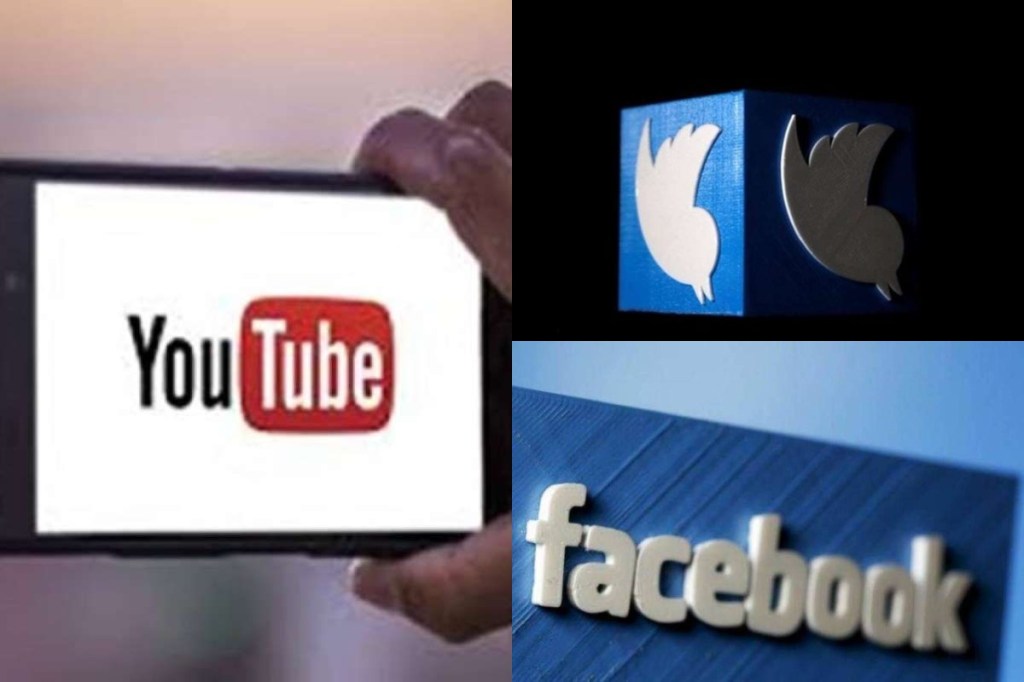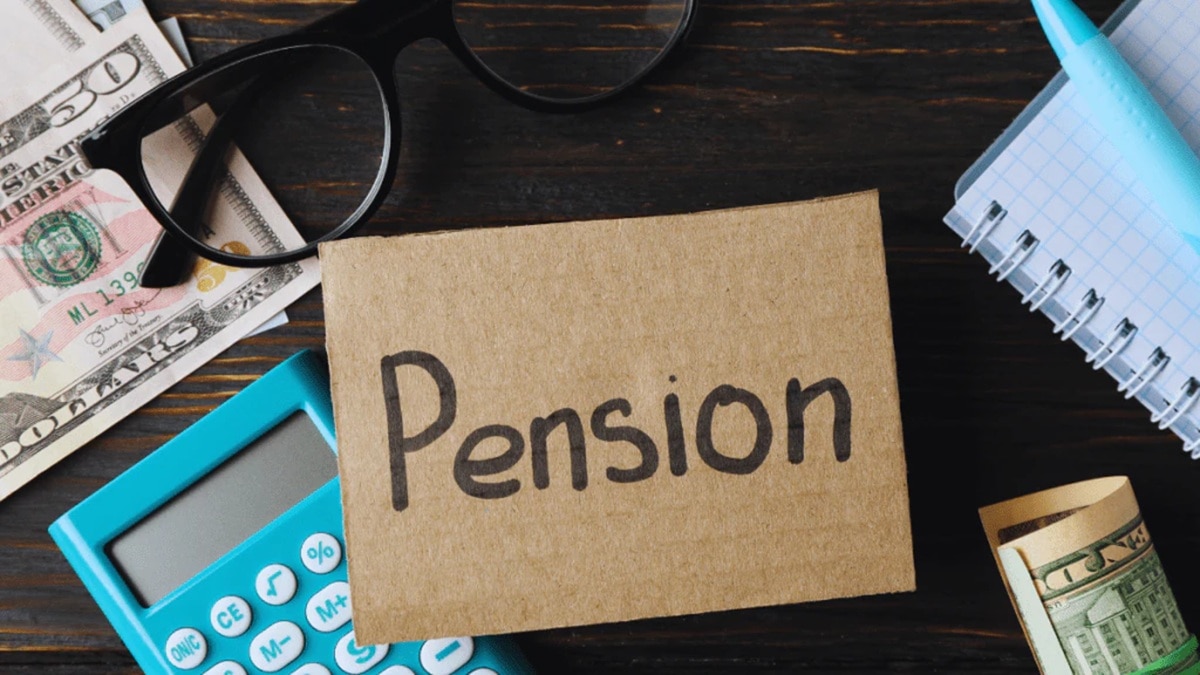Russia ban on internet platforms: Russia might block internet-based platforms like YouTube, Facebook and Twitter! Lawmakers in Russia are thinking of allowing regulators to block social media platforms Facebook and Twitter and Google-owned video streaming platform YouTube if they find that these platforms have been censoring the content posted by Russian citizens, according to reports. A draft legislation in this regard has been passed in the lower house of the Russian parliament. The parliament released a statement saying that the authorities would have the power to target internet-based platforms upon finding them to be limiting information based on language as well as nationality.
State Duma, the lower house of the parliament in Russia, also added that websites found to be discriminating against Russian media’s content would also be banned. The decision was taken after authorities received several complaints from the Russian media this year that their accounts were being censored by Facebook, YouTube and Twitter, all of which are US-based companies. Notably, earlier in 2020, the tech giants based in the US had introduced labels to identify media outlets affiliated with their respective governments.
Now that the draft legislation has been passed in the lower house, it would be presented before the upper house, where also it would need to be passed. Once done, Russian President Vladimir Putin would sign the bill, effectively turning it into a law. Reports believe that these steps are mere formalities.
Russia has been stepping up its efforts to control the Russian content on the internet in recent years, supposedly to “combat online extremism”. Last week, Google was fined by a court in Moscow, since the search engine giant did not take down online content that had been banned by the authorities in Russia.








